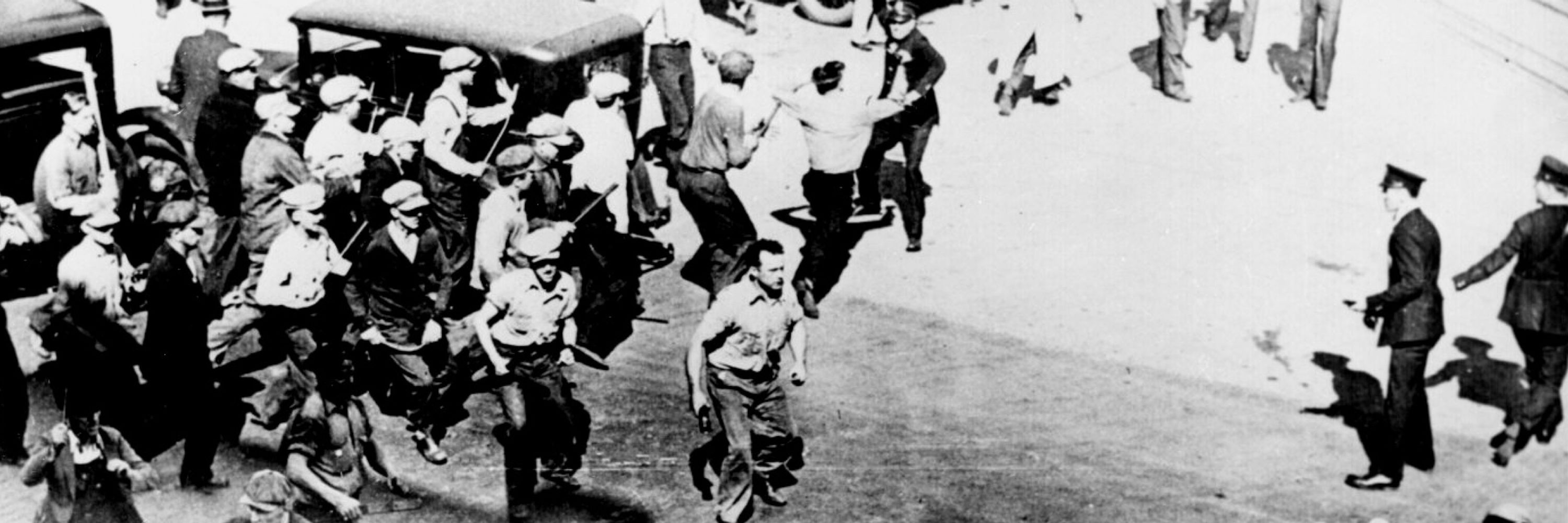
tinyurl.com/muyeezka

Details here:
www.mcgill.ca/sociology/ch...
@eidlin.bsky.social

pressprogress.ca/who-could-st...

pressprogress.ca/who-could-st...

mcgill.wd3.myworkdayjobs.com/en-US/McGill...

mcgill.wd3.myworkdayjobs.com/en-US/McGill...


lux-magazine.com/article/comr...

lux-magazine.com/article/comr...
dcs-spotify.megaphone.fm/CORU39830642...
dcs-spotify.megaphone.fm/CORU39830642...
globalnews.ca/video/115734...

globalnews.ca/video/115734...
www.theglobeandmail.com/business/com...

www.theglobeandmail.com/business/com...


Ce fut un honneur et un grand plaisir de pouvoir assister à la soutenance de thèse de Gabriel Rosenman à l’ @ehess.fr (École des hautes études en sciences sociales) en tant que rapporteur 🧵 1/




Ce fut un honneur et un grand plaisir de pouvoir assister à la soutenance de thèse de Gabriel Rosenman à l’ @ehess.fr (École des hautes études en sciences sociales) en tant que rapporteur 🧵 1/





